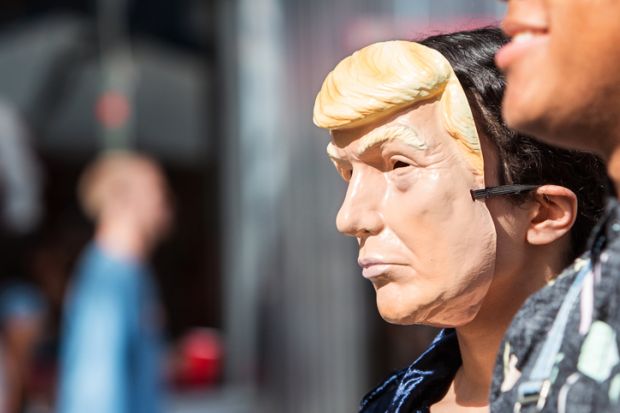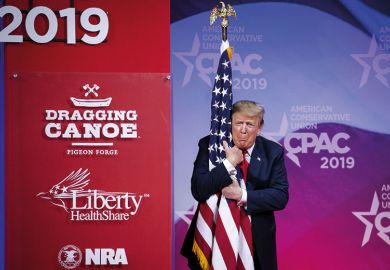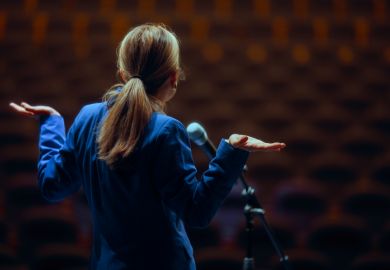A US appeals court ruled in favour of Twitter critics of Donald Trump – including a university professor who attacks the president’s statements without even reading them – over their right to criticise him on the social media platform.
The three-judge panel of the US Court of Appeals based in New York unanimously upheld a May 2018 decision by a federal judge that forbade Mr Trump from using Twitter’s blocking function against those who criticise him.
The seven plaintiffs included Philip N. Cohen, a professor of sociology at the University of Maryland, who was blocked – preventing him from reading and responding to Mr Trump’s posts – after he replied to a 2017 tweet announcing an administration plan to transfer the US air traffic control system to a private non-profit group.
In his response to that announcement, Professor Cohen wrote: “‘Corrupt Incompetent Authoritarian. And then there are the policies. Resist.’”
Professor Cohen conceded he had no particular interest in any debate over air traffic policy. Instead, as a regular Twitter critic of Mr Trump, Professor Cohen said he learned from experience that those with the quickest replies to a Trump tweet get the most attention.
“I often don’t read his tweets before replying,” Professor Cohen told Times Higher Education. “The point is not to have a dialogue with him, but to engage with the millions of people who read his tweets.”
The appeals court ruled on 9 July that, unlike most other users, Mr Trump could not legally block such Twitter users because the president uses the platform in an official capacity.
Professor Cohen, whose research and teaching concern the sociology of families and social inequality, said he regards his Twitter strategy as similar to carrying a sign at a protest march.
“When I have a popular reply,” he said, “it can be viewed by 100,000 people or more, which, while small in the grand scheme, is very satisfying as an individual act of resistance.”
Others blocked by Mr Trump include Eugene Gu, a surgeon at Vanderbilt University Medical Center; Brandon Neely, a police officer in Texas; Holly Figueroa, a political organiser in Washington state; Rebecca Buckwalter-Poza, a legal analyst from Washington DC; Nick Pappas, a comedy writer from New York; and Joseph Papp, a former professional road cyclist from Ohio.
Mr Trump removed the blocks on the plaintiffs after the initial court ruling last year.
Professor Cohen said Mr Trump was “completely hypocritical” for blocking people over their Twitter criticisms while complaining that US university campuses do not do enough to protect free speech.
But the professor acknowledged that some of his friends regard his approach as a waste of time, “playing into Trump’s hands, sinking to his level, fuelling the outrage industry without advancing the cause of improving democracy through civil discourse”.
“And honestly, they may be right,” he said. “We each have to respond in our own way to what, for many, is a deeply distressing turn of events.”
Register to continue
Why register?
- Registration is free and only takes a moment
- Once registered, you can read 3 articles a month
- Sign up for our newsletter
Subscribe
Or subscribe for unlimited access to:
- Unlimited access to news, views, insights & reviews
- Digital editions
- Digital access to THE’s university and college rankings analysis
Already registered or a current subscriber?







